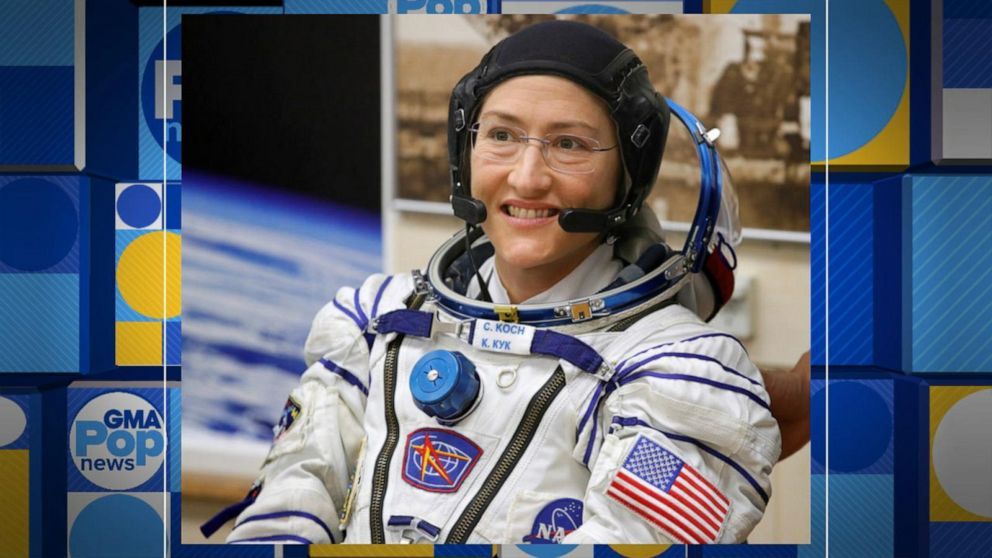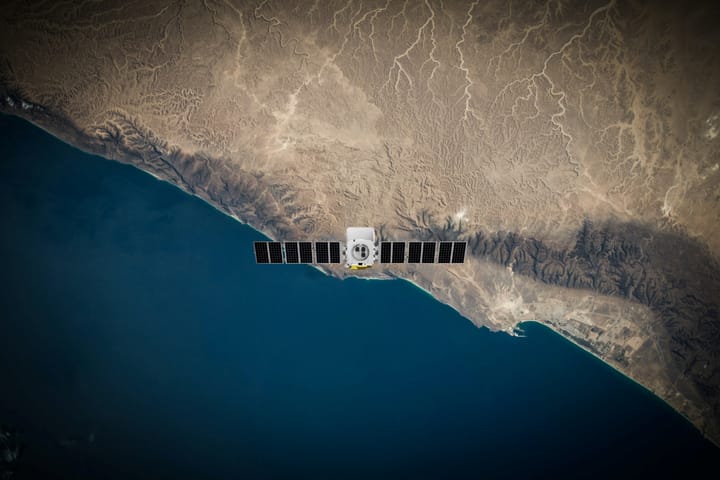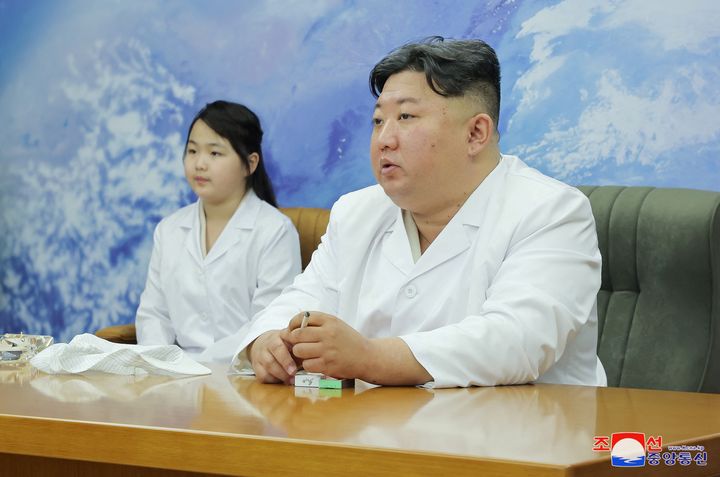US Astronaut sets new female spaceflight record

A few minutes every morning is all you need.
Stay up to date on the world's Headlines and Human Stories. It's fun, it's factual, it's fluff-free.
On December 28, US astronaut Christina Koch set a new record for the longest continuous spaceflight by a woman. Koch broke the old record of 288 days with more than two months left of her mission.
Her lengthy stay aboard the International Space Station (ISS) provides NASA with valuable data about the effects of prolonged spaceflight — information the space agency says is vital in supporting future missions to the Moon and Mars.
Longest spaceflight by a woman
Christina Koch broke the record on what was her 289th day at the ISS. The 40-year-old first arrived at the space station on March 14.
She will spend nearly 11 months onboard after NASA announced in April that it was extending her mission until February 2020.
Retired astronaut Peggy Whitson set the previous record for the longest spaceflight by a woman in 2017.
The US record for longest space flight is 340 days set by Scott Kelly in 2015-2016.
The world record was set in the 1990s by a Russian cosmonaut Valeri Polyakov, who spent 15 months aboard the Mir space station.
Before breaking the female spaceflight record, Koch featured in another milestone.
She performed the first all-female spacewalk with astronaut Jessica Meir in October 2019. The pair ventured outside the ISS to replace a faulty battery unit.
NASA initially scheduled the milestone to take place on March 29 with Koch accompanying astronaut Anne McClain. But, “due in part to spacesuit availability at the station," the space agency delayed the historic spacewalk. McClain, whose space mission ended over the summer, returned to Earth. Koch was then joined on the ISS by Meir in September.
Who is Christina Koch?
Before NASA selected Koch as an astronaut in 2013, the new record-holder graduated from North Carolina State University with Bachelor’s degrees in Electrical Engineering and Physics. She also has a Master’s degree in Electrical Engineering from the same university.
Koch completed astronaut candidate training in July 2015. During her time onboard the space station, her work includes conducting scientific research, station maintenance, outreach, visiting vehicle operations and spacewalks.
Before her mission on the ISS, Koch worked as an Electrical Engineer at the Goddard Space Flight Center as well as completed research at the South Pole and in Greenland. Using her electrical engineering background, Koch has also helped design instruments for probes currently orbiting Jupiter and Earth.
How did she react to setting the new record?
Before breaking the record, Koch spoke to NPR about the significance of her mission and the progress the space industry is making in getting more women into the field.
“In the past, women haven’t always been at the table,” Koch said, “and it’s wonderful to be contributing to the human spaceflight program at a time when all contributions are being accepted, when everyone has a role, and that can lead in turn to an increased chance for success."
Reflecting on her achievement, she told reporters, “I like to think of the record as not so much about how many days you’re up here, but what you bring to each day, so it is another great reminder to just bring your best."
Koch however, doesn’t want to hold the record for long. “My biggest hope for the record is that it’s exceeded as soon as possible," the astronaut said.
Koch told CNN that previous record-holder Peggy Whitson “is one of my heroines and she’s been a great mentor to me." She added, “So it’s a great reminder to try to make her proud and also to do mentorship when I get home to sort of pay that forward."
What are the dangers of spaceflight?
In spending nearly 11 months aboard the ISS, Koch will provide NASA with an opportunity to examine the long term effects of spaceflight on the human body.
Alongside studying Koch, NASA is also conducting other research into how the human body might respond during extended forays into space, including on a mission to Mars.
Astronauts on the ISS are exposed to radiation ten times higher than that on Earth.
According to NASA, long periods of spaceflight and exposure to high levels of dangerous radiation increases cancer risk, damages the central nervous system and prompts behavioral changes, among other effects.
Another hazard of spaceflight, according to the space agency, is isolation and confinement. These conditions can lead to sleep loss and health issues that impact an astronaut’s work. These are dangers that NASA carefully monitors.
According to Dr. Varsha Jain, who works at the University of Edinburgh’s Medical Research Council Centre for Reproductive Health in addition to assisting NASA’s research into women’s health in space, there are some slight differences in the way space affects men and women.
Speaking to the BBC, Dr. Jain said that women are more likely to feel sick and have problems managing blood pressure when they go into space, while men are more likely to suffer from hearing and vision issues as well as re-entry sickness when they return to Earth.
Despite years of in-depth spaceflight research, NASA continues to make discoveries about health risks.
In November 2019, tests revealed that an astronaut on the ISS had developed a blood clot, an issue that had “never been reported before."
Have a tip or story? Get in touch with our reporters at tips@themilsource.com




Comments ()